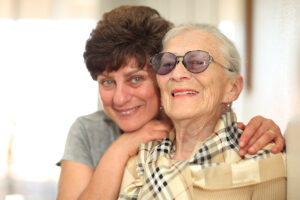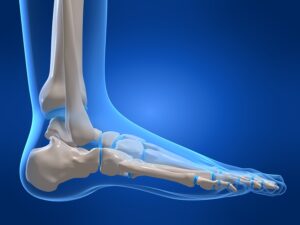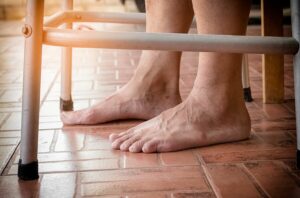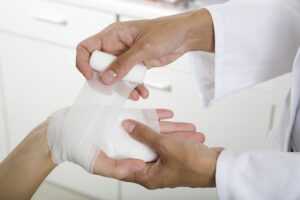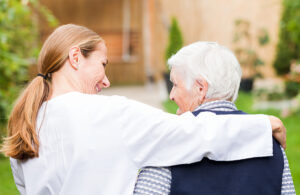Ways Home Health Care Helps After COVID
Close to 101 million cases of COVID have been recorded in the U.S., and so far, there are around 115,000 new cases per day during the first week of 2023. COVID may have slowed down since the height of the pandemic, but it’s still out there and your mom contracted it. She’s one of the estimated 41,000 who were hospitalized with COVID, but she’s coming home. Talk to her doctor about using home health care services to help her transition.
Medication Administration and Changes
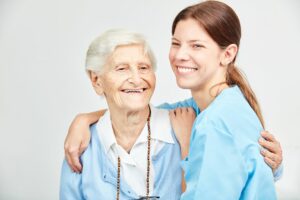
Home Health Care Warren NJ – Ways Home Health Care Helps After COVID
Your mom’s doctor has her on an antiviral that is administered through an IV. A home health care nurse is able to set up the IV line, administer the medication, report how it’s going to your mom’s doctor, and deal with medication changes if they occur.
If your mom has diabetes and COVID at the same time, her nurse can help with injections of insulin as needed. IV fluids and nutrients are also possible if your mom isn’t eating or drinking enough.
Oxygen Saturation and Vital Signs Monitoring by Home Health Care Aides
Attention to your mom’s oxygen levels is an essential part of her care. Her nurse can take her oxygen saturation reading throughout the day and record it for her doctors to look at. If it’s determined that your mom isn’t getting enough oxygen, her nurse can help her with supplemental oxygen.
Oxygen saturation is just one recording a nurse may be asked to complete each day. Her doctor may also recommend that she have her pulse, breathing rate, and blood pressure recorded. If she’s diabetic, her blood sugar levels also need to be monitored and reported to the doctor each day.
Physical Therapy Sessions at Home
Leg pain is one of the newer symptoms of COVID. People also find that the virus drains them of energy, which impacts their interest in exercising for the weeks that follow. If your mom does have muscle and joint pain that’s keeping her from walking around or if the disease impacts her stamina, it may help to have her work with a physical therapist to regain strength and stamina.
Dietary Education
If your mom’s diet hasn’t been ideal, her doctor may recommend that she works with a dietitian at home to eat a healthier diet to ensure her body is getting the nutrients it needs to help boost her immune system.
Obesity and diabetes are risk factors for longer battles against COVID, if she’s overweight or diabetic, it can help her work with a dietitian to improve her diet and lose weight and improve her blood sugar levels.
Before she leaves the hospital, there are things you should do. Clean her home, change her sheets and disinfect her pillows, favorite seat, and surfaces within her home. An air purifier can help keep dust and irritants to a minimum.
Sources: https://news.google.com/covid19/map?hl=en-US&mid=%2Fm%2F09c7w0&gl=US&ceid=US%3Aen&pinned=%2Fm%2F09c7w0
